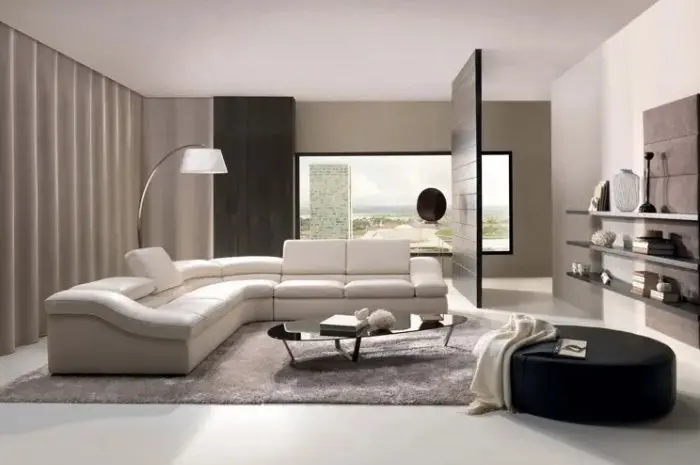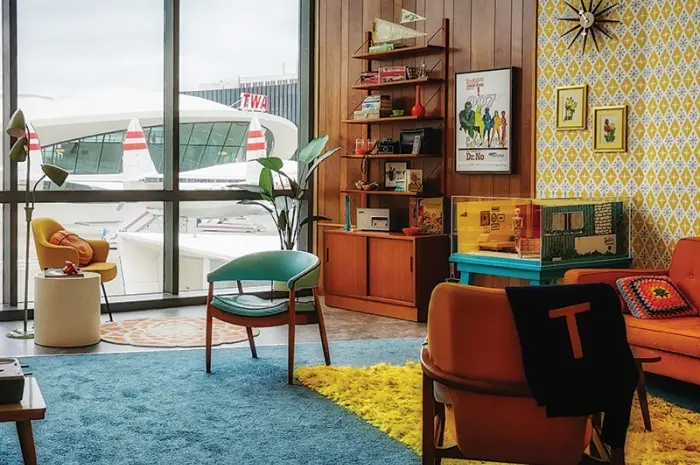The Joy of Less, A Guide to Minimalist Living
In a world that often equates happiness with more possessions, minimalist living presents a refreshing contrast. This article delves into the philosophy of minimalism, a lifestyle that emphasizes the joy of less.
It focuses on simplifying life by stripping away the non-essential, fostering a sense of clarity, purpose, and contentment.
Understanding Minimalist Living
Minimalism is about more than decluttering your physical space; it’s a mindset that values quality over quantity.
It challenges the modern narrative of consumerism, encouraging individuals to find happiness and fulfillment in experiences and relationships rather than material possessions.
Benefits of Minimalist Living
- Reduced Stress: A cluttered space can lead to a cluttered mind. Minimalism promotes a tidy, organized environment, which can help reduce stress and anxiety.
- Increased Focus: By eliminating distractions, minimalism allows you to focus on what’s truly important, be it personal goals, hobbies, or relationships.
- Financial Savings: Embracing minimalism can lead to significant financial savings, as it curbs the desire for unnecessary purchases and encourages a more thoughtful approach to spending.
- Environmental Impact: A minimalist lifestyle is often more eco-friendly, as it reduces waste and consumption, contributing to a more sustainable planet.
- More Freedom: Living with fewer possessions can create a sense of freedom and mobility, making it easier to travel, move, or pursue various life opportunities.
How to Embrace Minimalist Living
- Declutter Your Space: Start by decluttering your home. Keep only what you need and love. Donate, sell, or recycle items that no longer serve a purpose in your life.
- Evaluate Your Purchases: Before buying something new, ask yourself if it’s necessary, if it adds value to your life, and if you have a place for it in your home.
- Quality Over Quantity: Invest in high-quality items that last longer, rather than cheap products that need frequent replacing.
- Mindful Consumption: Be mindful of the media you consume and the time you spend on digital devices. Simplifying your digital life can be as liberating as decluttering your physical space.
- Simplify Your Wardrobe: Create a capsule wardrobe with versatile pieces that you love to wear. This approach reduces decision fatigue and keeps your closet organized.
- Embrace Empty Space: Learn to appreciate empty space in your home. Not every corner needs to be filled; sometimes, less is truly more.
- Simplify Your Routine: Streamline your daily routines to make them more efficient and less stressful. This could include meal prepping, setting up a simple exercise routine, or creating a minimalist skincare regimen.
- Practice Gratitude: Focus on being grateful for what you have. This shift in perspective can reduce the urge to acquire more and increase contentment with your current situation.
- Reevaluate Your Relationships: Minimalism can also apply to relationships. Invest time and energy in relationships that are meaningful and let go of those that are not.
- Simplify Your Goals: Instead of having a long list of goals, focus on a few that are most important to you. This allows for more dedicated effort and a higher chance of achievement.
Overcoming Challenges in Minimalist Living
Adopting a minimalist lifestyle can be challenging, especially in a society that often promotes the opposite.
It’s important to remember that minimalism looks different for everyone and to find a balance that works for you. Take small steps and be patient with yourself as you adjust to this new way of living.
The Psychological Benefits of Minimalism
Minimalism can lead to significant psychological benefits, including increased happiness, reduced anxiety, and a greater sense of well-being. By focusing on what truly matters, you can lead a more purposeful and fulfilling life.
Conclusion
Minimalist living offers a path to a simpler, more intentional life. It’s not about deprivation but about finding abundance in less. By embracing the principles of minimalism, you can create a more organized, peaceful, and meaningful existence.
The joy of less lies in the freedom and clarity that comes from prioritizing the essential and letting go of the excess. In this journey, you’ll discover that the best things in life aren’t things at all.



